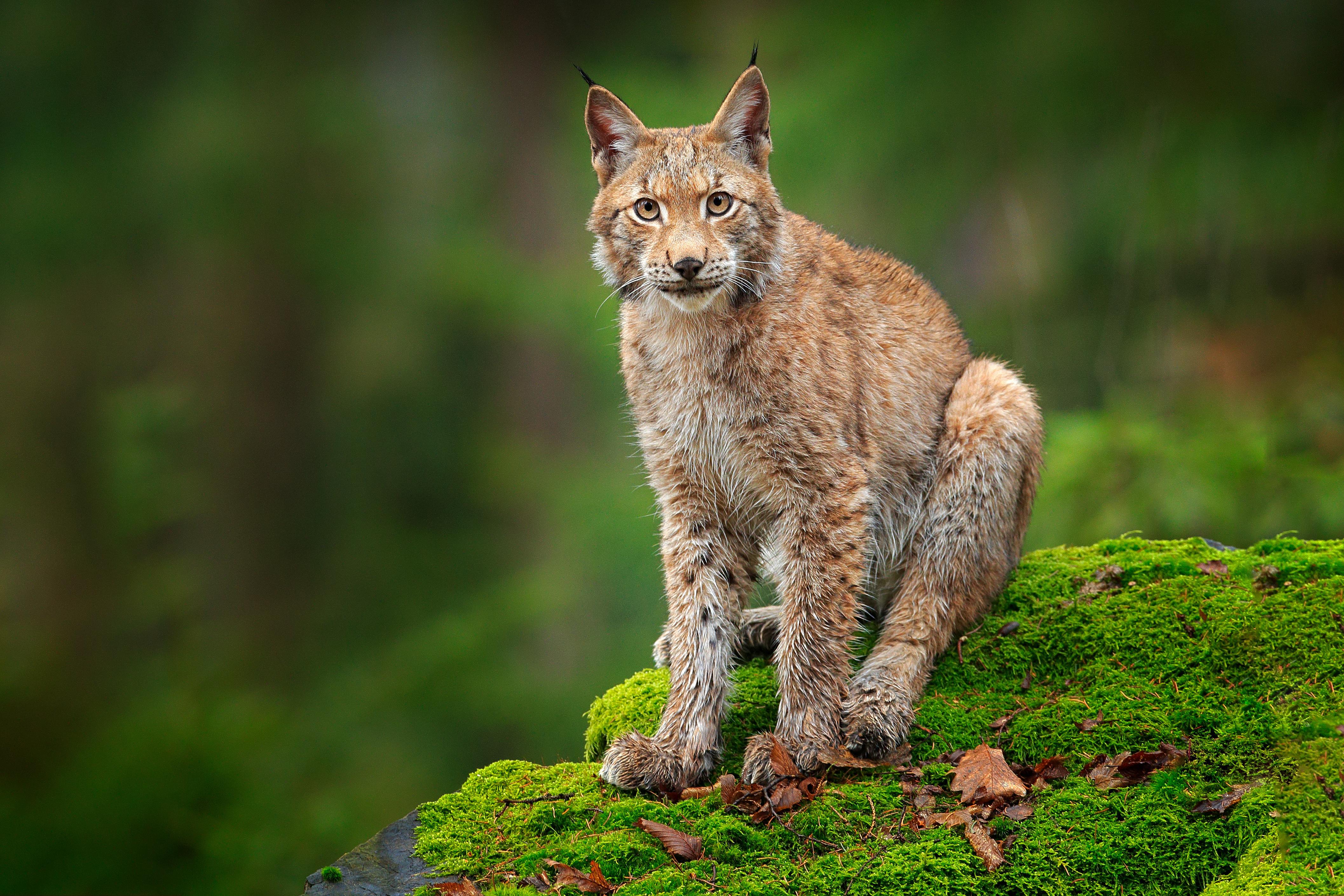What You Need to Know About Bringing Lynx Back to the British Countryside

The idea of reintroducing lynx to the British countryside has gained attention as a potential way to restore natural balance and biodiversity. Lynx, a native wildcat species historically present in Britain, were extirpated centuries ago. Today, conservationists are exploring whether bringing these elusive predators back could benefit ecosystems and wildlife populations.
Historical Presence of Lynx in Britain
Lynx once roamed across much of Europe, including the woodlands of Britain. Records indicate that they were present until around 1,300 years ago before disappearing due to habitat loss and hunting pressures. Their absence has left a gap in the natural ecosystem where they once played a role as mid-sized predators.
Ecological Benefits of Reintroduction
Reintroducing lynx could help control populations of deer and other herbivores that currently impact woodland regeneration negatively. By naturally managing these prey species, lynx can promote healthier forest ecosystems and increase biodiversity. Additionally, their presence might encourage more balanced food chains and improve habitat quality for various plants and animals.
Challenges and Considerations
While there are ecological benefits, reintroduction is complex. Challenges include ensuring sufficient suitable habitat with adequate prey availability, minimizing conflicts with livestock farmers by implementing protective measures like fencing or compensation schemes, and monitoring impacts on existing wildlife communities to avoid unintended consequences.
Public Opinion and Community Involvement
Successful reintroduction depends greatly on public support. Engaging local communities through education about lynx behavior and benefits can foster coexistence attitudes. Involving stakeholders such as landowners, conservation groups,and policymakers helps address concerns related to safety, agriculture impacts,and animal welfare.
Current Projects and Future Outlook
Pilot projects in parts of Europe have demonstrated that with careful planning lynx reintroduction can succeed without significant negative effects on human activities. The UK government along with wildlife organizations continue researching feasibility studies focusing on ecological suitability assessments before any wide-scale efforts move forward.
Bringing lynx back to the British countryside is an exciting prospect that offers environmental advantages but requires thoughtful planning alongside community collaboration. Understanding both the opportunities and challenges will help ensure any future rewilding effort benefits people nature alike.
This text was generated using a large language model, and select text has been reviewed and moderated for purposes such as readability.











